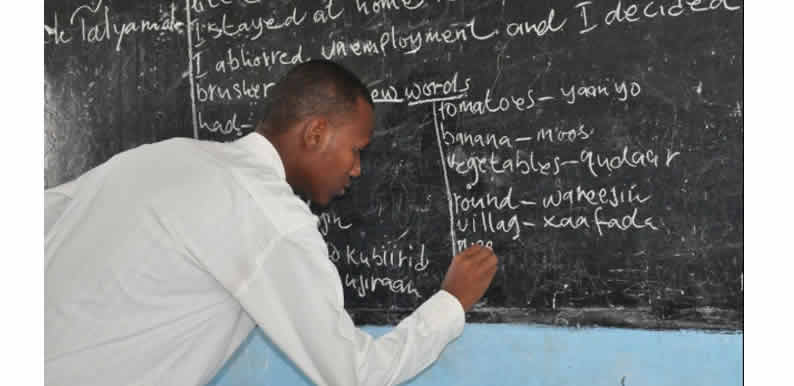To address the shortage of teachers and improve the quality of education in the state, the Edo State Government has recruited 5,500 teachers to fill vacancies in primary and junior secondary schools.
This recruitment aligns with the directive of the Governor of Edo State, Godwin Obaseki, and is part of a broader strategy to bolster the educational system.
The Executive Chairman of the Edo State Universal Basic Education Board (SUBEB), Ozavize Salami, announced the recruitment on Friday in Benin, the state capital. According to Salami, the new teachers, selected through a rigorous process, will fill identified gaps in schools across all local government areas of the state.
Out of the 19,931 applications received for the teaching positions, 16,038 candidates were shortlisted for computer-based tests, followed by interviews. The final selection focused on candidates with skills and expertise relevant to the educational needs of the state.
Salami highlighted that this recruitment is a testament to Governor Obaseki’s unwavering commitment to delivering quality education to the children of Edo State. She emphasized that most of the newly hired teachers are young and vibrant, expected to bring fresh energy into the existing teaching workforce.
A notable aspect of the recruitment is that over 70 percent of EdoSTAR fellows, who were initially engaged as trainee teachers, have been appointed as full-time government teachers. These fellows, who were on a minimum wage salary, have also benefited from the recent wage increase in the state, raising their salaries from N40,000 to N70,000 as of May 2024.
Of the 5,500 new recruits, 2,500 will serve as permanent government teachers, while the remaining 3,000 will fill the approved EdoSTAR positions, marking the start of a new phase in a three-year fellowship program. Additionally, 125 experienced education managers will be recruited to support the EdoBEST program’s transition and sustainability.
Salami reiterated that the recruitment aligns with Governor Obaseki’s vision to consolidate the gains of the EdoBEST program and to continue improving learning outcomes for approximately 400,000 children enrolled in state-owned primary and junior secondary schools across Edo State.



